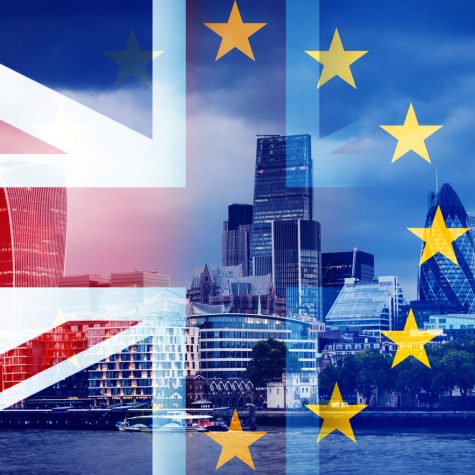Since the UK’s decision to leave the European Union in 2016, the property market in London has experienced various changes in property values, demand, and regulations.
Initially, the Brexit vote created uncertainty around the British economy, making London less attractive for foreign investors due to a weakened pound and confusion over free movement and commercial prospects.
Additionally, this uncertainty made it less attractive for UK-based enterprises to set up operations in London, resulting in decentralization and decreased demand for both commercial and residential properties in the city.
Leaving the EU also caused supply chain issues and increased costs for developers due to customs checks and duties on construction materials previously imported from the EU, while changes in immigration policies made it challenging for developers to recruit skilled workers from the EU. These factors slowed down construction projects and reduced the supply of new properties in the market.
The weakening of the pound after the Brexit referendum made it more expensive for property developers to borrow money from overseas lenders, leading to higher interest rates. Brexit’s impact on the financial sector also resulted in regulator changes, increasing potential debt for developers and reducing the availability of funding for property development.
The confounding factors of the COVID-19 pandemic and the government’s mini budget only further disrupted the housing market in Brexit’s wake. Lockdown measures and changing buying needs resulted in increased demand for properties with dedicated workspaces and outdoor spaces. Meanwhile the mini budget led to a surge in demand for properties, particularly in the mid to upper-end of the market.
Now we are at the end of the transition period, we at last find ourselves with increased clarity on the legal and regulatory landscape around buying and selling property. This understanding should provide longer-term stability in the property market in London and beyond.
Now the dust has settled from the combined effects of Brexit, COVID-19 and the mini-budget, buyers, sellers, and investors can now make more informed decisions, allowing the market to adapt to the changes and adjust to evolving buyer preferences.
Find out more
Take a deeper look at this topic with our Thought Leadership Article: The Impact of Brexit on London’s Property Market.
In the article we outline the effects of Brexit on foreign investment, the uncertainty caused around trade and the resulting decentralisation and many more economic factors.
Read the article

